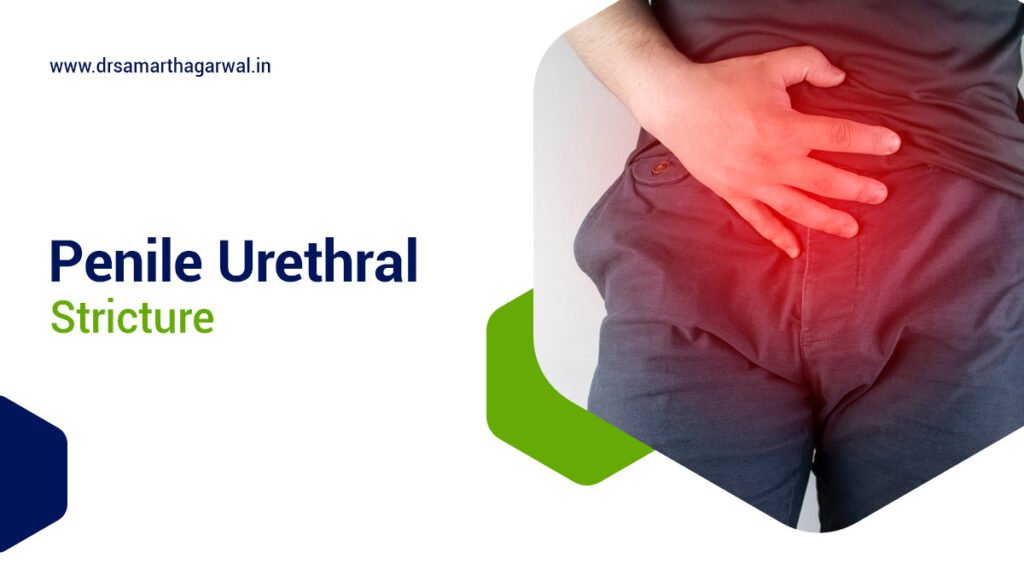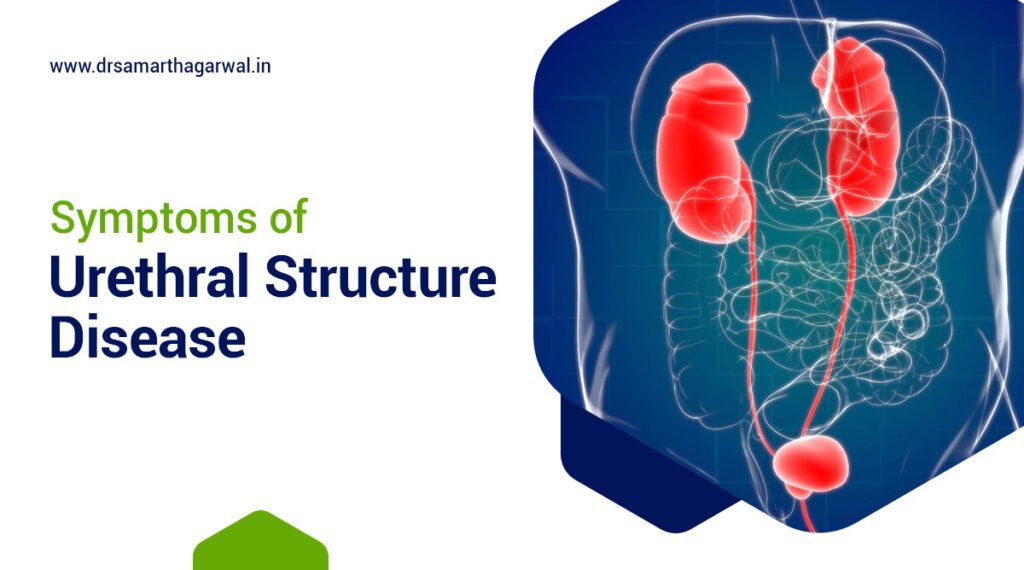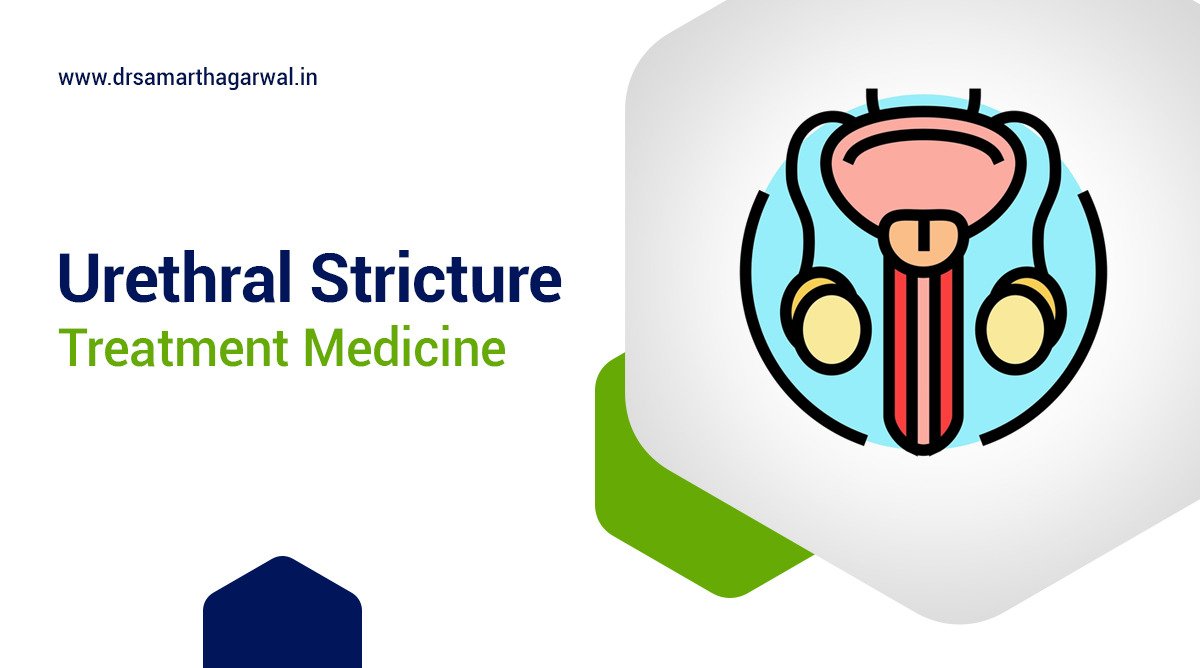Urethral stricture treatment with medicine is a therapeutic approach that focuses on using medications to manage and relieve symptoms associated with urethral strictures. This treatment option is often used in conjunction with other approaches, such as dilation and ureterotomy, to provide optimal outcomes.
The symptoms of urethral stricture disease include painful urination, urinary frequency, urinary incontinence, and straining during urination. If left untreated, urethral strictures can lead to significant morbidity and decreased quality of life. Urethral strictures can be caused by injuries, infections, or surgical that damage the urethra, leading to scarring and narrowing of the urethra.
According to a 2021 study published in the Journal of Urology, the use of local therapy in preventing urethral strictures may carry clinical potential to improve urethral stricture treatment outcomes. Treatment options for urethral strictures range from minimally invasive procedures to surgical interventions, and medications play a crucial role in managing symptoms and preventing complications.
What is The Best medicine for urethral stricture?
The best medicine for urethral stricture is not specified, as treatment typically involves surgical or procedural interventions.
The primary mode of treatment is to make the urethra wider using a medical instrument called a dilator or through surgical options such as open urethroplasty. Urethral dilatation or internal urethrotomy may be tried, especially for short strictures. Under general anesthesia, the urethra is widened using a series of progressively larger dilators or a urethrotome.
In some cases, antibiotics may be prescribed if there is an underlying infection. Self-catheterization might be a choice for those diagnosed with a short stricture. However, medications are not a primary treatment for urethral stricture, and surgical or procedural interventions are often necessary to effectively treat the condition.
It is essential to work with a urologist to determine the best course of treatment, as delayed or inadequate treatment can lead to complications. Prevention of urethral stricture involves avoiding injury to the pelvic area and taking care to avoid infection. The outlook for urethral stricture is generally positive, and with proper treatment, it is a treatable condition.

How to treat urethral stricture at home?
To treat urethral stricture at home, consume prob-rich foods like yogurt, fermented cheese, kefir, and kimchi, which promote good bacteria growth in the gut and help fight urinary tract inflammation and infection.
How to prevent urethral stricture recurrence?
The ways to prevent urethral stricture recurrence are by avoiding injury to the urethra and pelvis, being careful with self-catheterization, using lubricating jelly liberally, using the smallest catheter needed for the shortest time, and avoiding sexually transmitted infections.
Urethral stricture recurrence can be prevented by adopting certain precautions and lifestyles. Firstly, it is essential to avoid injury to the urethra and pelvis, which can lead to urethral stricture disease. Self-catheterization should be performed with care, using lubricating jelly liberally to minimize the risk of injury Additionally, using the smallest possible cath needed for the shortest time can reduce the likelihood of urethral stricture recurrence.
Furthermore, avoiding sexually transmitted infections, such as gonorrhea, which was once the most common cause of strictures, can help prevent urethral stricture recurrence. The use of antibiotics has helped to prevent this.
In terms of treatments, urethroplasty is considered the most effective approach to prevent urethral stricture recurrence. This surgical reconstruction of the urethra can help to minimize the risk of recurrence. Additionally, some tips, such as maintaining a healthy diet, encouraging the growth of good bacteria through probiotics, and keeping the urinary tract healthy, can also help to prevent urethral stricture recurrence.

Penile Urethral Stricture – Causes, Coping Strategies
Does urethral stricture heal itself?
Urethral stricture does not heal itself.
Urethral stricture is a condition where the urethra becomes narrow, causing difficulty and discomfort during urination. The most common causes of urethral stricture are chronic inflammation or injury, which can lead to scar tissue formation. This scar tissue causes the urethra to become, resulting in symptoms such as difficulty starting to urinate, a weak or slow stream, and straining to urinate.
Urethral stricture requires medical attention and treatment. In some cases, the condition may need immediate attention. If left untreated, urethral stricture leads to complications such as urinary retention, infections, and kidney damage.
Treatment for urethral stricture involves surgery, such as urethroplasty, to remove the scar tissue and widen the urethra. In some cases, treatment also involves dilating the urethra, a specialized instrument. The goal of treatment is to relieve symptoms, improve urinary flow, and prevent complications.
While treatment for urethral stricture is generally successful, the condition can recur, requiring multiple procedures. It is essential to work with a healthcare provider to manage symptoms and prevent complications.
In some cases, urethral stricture may be associated with other underlying conditions, such as prostate cancer, radiation therapy, or neurologic disorders. In these cases, treatment may involve addressing the underlying condition in addition to managing the urethral stricture.
Can urethral stricture be cured naturally?
While urethral stricture has a generally positive outcome and is treatable, it can happen again, requiring multiple procedures. However, certain natural remedies like probiotics, yoga, and homeopathic medicines can help alleviate symptoms and promote healing.
How to dilate the urethra at home?
You can dilate the urethra at home by washing your hands, opening the dilator packet, inserting the dilator into the urethra, moving it up and down three or four times, and then removing it.
Dilating the urethra at home is a process for individuals who have undergone a urethral stricture repair surgery or have conditions such as hypospadias, circumcision, or Balanitis Xerotica Obliterans (O) that cause narrowing of the urethra. Self-dilatation helps to prevent the narrowing from recurring and improves urine flow Here’s a step-by-step guide on how to dilate the urethra at home. First, wash your hands with soap and water to maintain hygiene. Next, open the dilator packet by peeling the tabs apart. You may need to add water or a cold lubricating gel to the dilator, depending on the type used. Ensure you do not squeeze your penis as this can squash the urethra.
Insert the dilator into the urethra to the length advised by your doctor or nurse. You may need to push the catheter a bit to get it to go in. Once inserted, move the dilator up and down the urethra three or four times to help widen the urethra and improve urine flow. After completing the dilatation process, remove the dilator and dispose of it in your rubbish bin.
It is essential to follow the plan advised by your doctor or nurse and perform self-dilatation regularly to prevent the narrowing from recurring. If you do not stick to the plan, the narrowing may not get better and may even get worse. In some cases, even though you stick to the plan, the narrowing still may not get better, and you may need to undergo a small operation to stretch the urethra.

Urethral Stricture Disease Symptoms
How can I get a permanent solution without surgery for urethral stricture?
A permanent cure for urethral stricture can be achieved with REGROW by Regrow Biosciences, which is a one-time treatment that uses patients’ own stem cells.
Which exercise is best for urethral stricture?
The best exercises for urethral stricture are Vajrasana (Thunderbolt Pose Ardha Kurmasana (Half Tortoise Pose), and Kegel exercises, which strengthen the pelvic floor muscles, improve blood circulation, and provide relief from urethral strictures.
What causes the narrowing of the urethra?
Narrowing of the urethra is often caused by injury, inflammation, or scar tissue, which can result from surgery, infection, catheterization, straddle injury, or trauma to the urethra or pelvis.

Contact Dr. Samarth Agarwal if you have any questions or concerns about your Urinary health!




